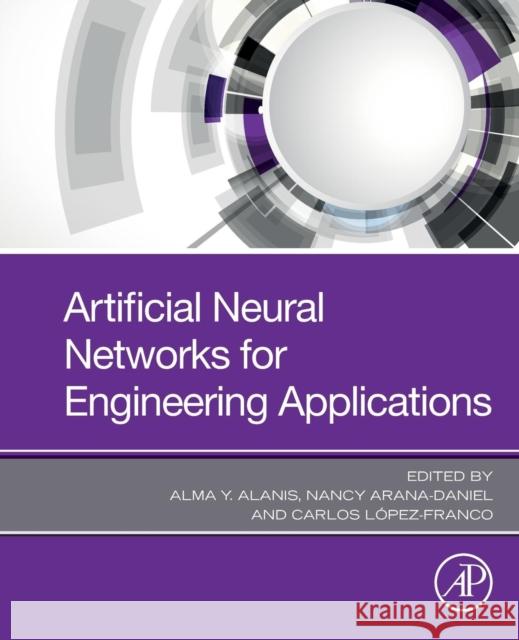Artificial Neural Networks for Engineering Applications » książka
topmenu
Artificial Neural Networks for Engineering Applications
ISBN-13: 9780128182475 / Angielski / Miękka / 2019 / 176 str.
Kategorie:
Kategorie BISAC:
Wydawca:
Academic Press
Język:
Angielski
ISBN-13:
9780128182475
Rok wydania:
2019
Ilość stron:
176
Waga:
0.31 kg
Wymiary:
23.5 x 19.05 x 0.97
Oprawa:
Miękka
Wolumenów:
01
Dodatkowe informacje:
Bibliografia











